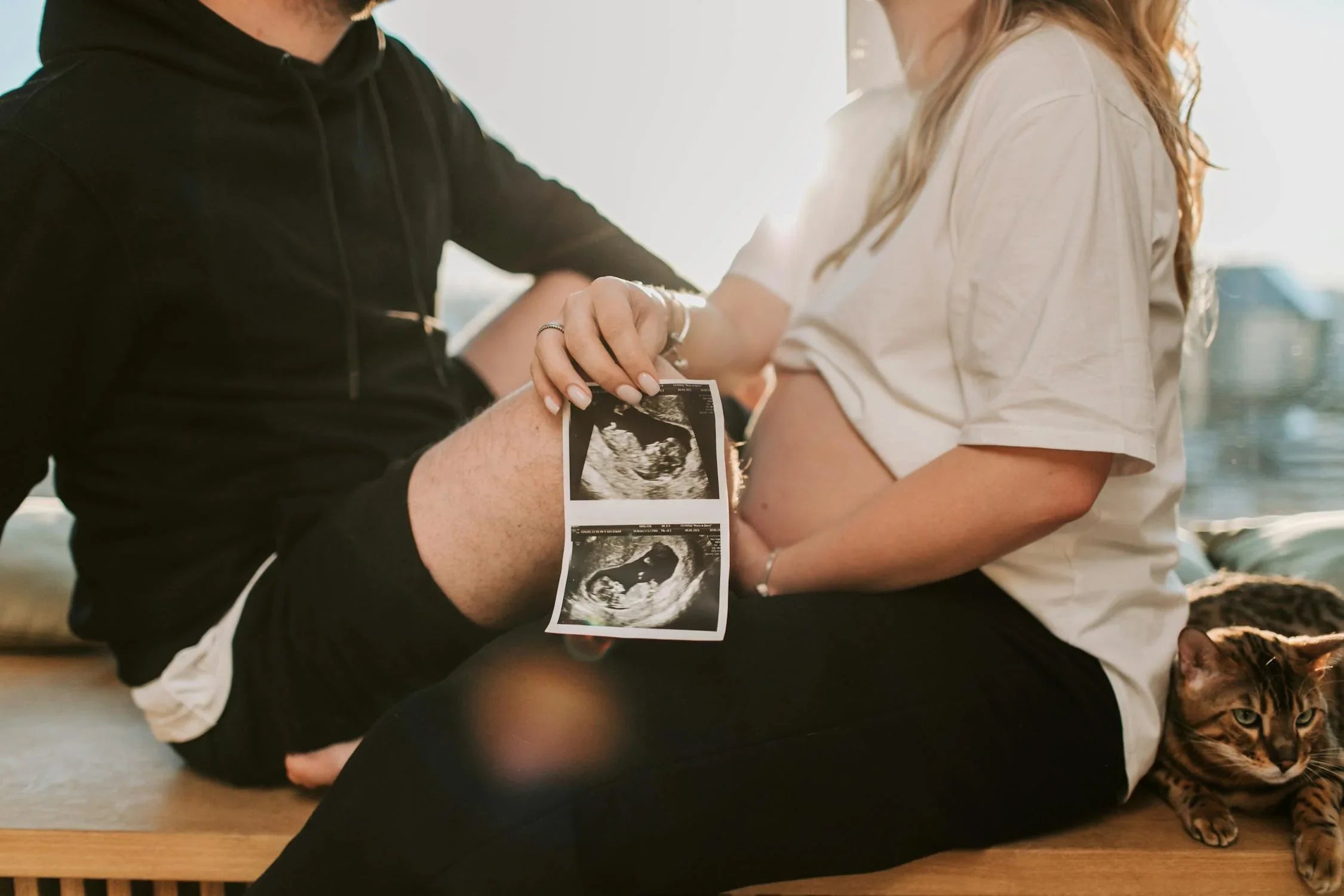Startseite
Pregnancy, Breastfeeding, and Pumping: The Ultimate Guide for Moms
How Long After Missed Period Should Take Pregnancy Test

How Long After Missed Period Should Take Pregnancy Test
When you suspect you might be pregnant, the wait for confirmation can feel like an eternity. One of the most common questions women ask is, 'How long after a missed period should I take a pregnancy test?' The answer isn't always straightforward, as it depends on various factors. This article dives deep into the science, timing, and best practices for taking a pregnancy test to ensure accurate results.
Understanding the Menstrual Cycle and Pregnancy
To determine the best time to take a pregnancy test, it's essential to understand the menstrual cycle. The average cycle lasts about 28 days, but it can vary from woman to woman. Ovulation typically occurs around the 14th day of the cycle, and if an egg is fertilized, it implants in the uterus about 6-12 days later. This is when the body starts producing the pregnancy hormone hCG (human chorionic gonadotropin).
When Can a Pregnancy Test Detect hCG?
Most pregnancy tests are designed to detect hCG in urine. The levels of hCG double every 48 hours in early pregnancy, but they are initially very low. For the most accurate results, it's recommended to wait at least one week after a missed period before taking a test. Testing too early can result in a false negative, as the hCG levels may not be high enough to detect.
Factors Influencing Test Accuracy
Several factors can affect the accuracy of a pregnancy test, including the sensitivity of the test, the time of day you take it, and how well you follow the instructions. Early morning urine is often the most concentrated and contains the highest levels of hCG, making it the ideal time for testing. Additionally, some tests are more sensitive than others and can detect lower levels of hCG earlier in pregnancy.
Types of Pregnancy Tests
There are two main types of pregnancy tests: urine tests and blood tests. Urine tests are the most common and can be done at home. Blood tests, which are performed in a healthcare setting, are more sensitive and can detect pregnancy earlier than urine tests. However, they are typically reserved for specific medical situations.
What to Do If You Get a Negative Result
If you take a pregnancy test after a missed period and get a negative result, but still suspect you might be pregnant, wait a few days and test again. It's possible that you tested too early, or your hCG levels were not yet detectable. If you continue to miss periods and receive negative results, consult a healthcare professional to rule out other potential causes.
When to See a Doctor
If you receive a positive pregnancy test result, it's important to schedule an appointment with a healthcare provider to confirm the pregnancy and begin prenatal care. If you experience symptoms such as severe abdominal pain, heavy bleeding, or dizziness, seek medical attention immediately, as these could indicate complications.
Tips for Accurate Testing
To ensure the most accurate results, follow these tips: read the instructions carefully, use the first urine of the day, and avoid drinking excessive fluids before testing. If you're unsure about the results, consider taking a second test or consulting a healthcare professional.
Waiting to take a pregnancy test can be nerve-wracking, but timing is crucial for accurate results. By understanding your body and the science behind pregnancy tests, you can make informed decisions and reduce unnecessary stress. Whether you're hoping for a positive or negative result, knowing when and how to test will give you the clarity you need.
Teilen
